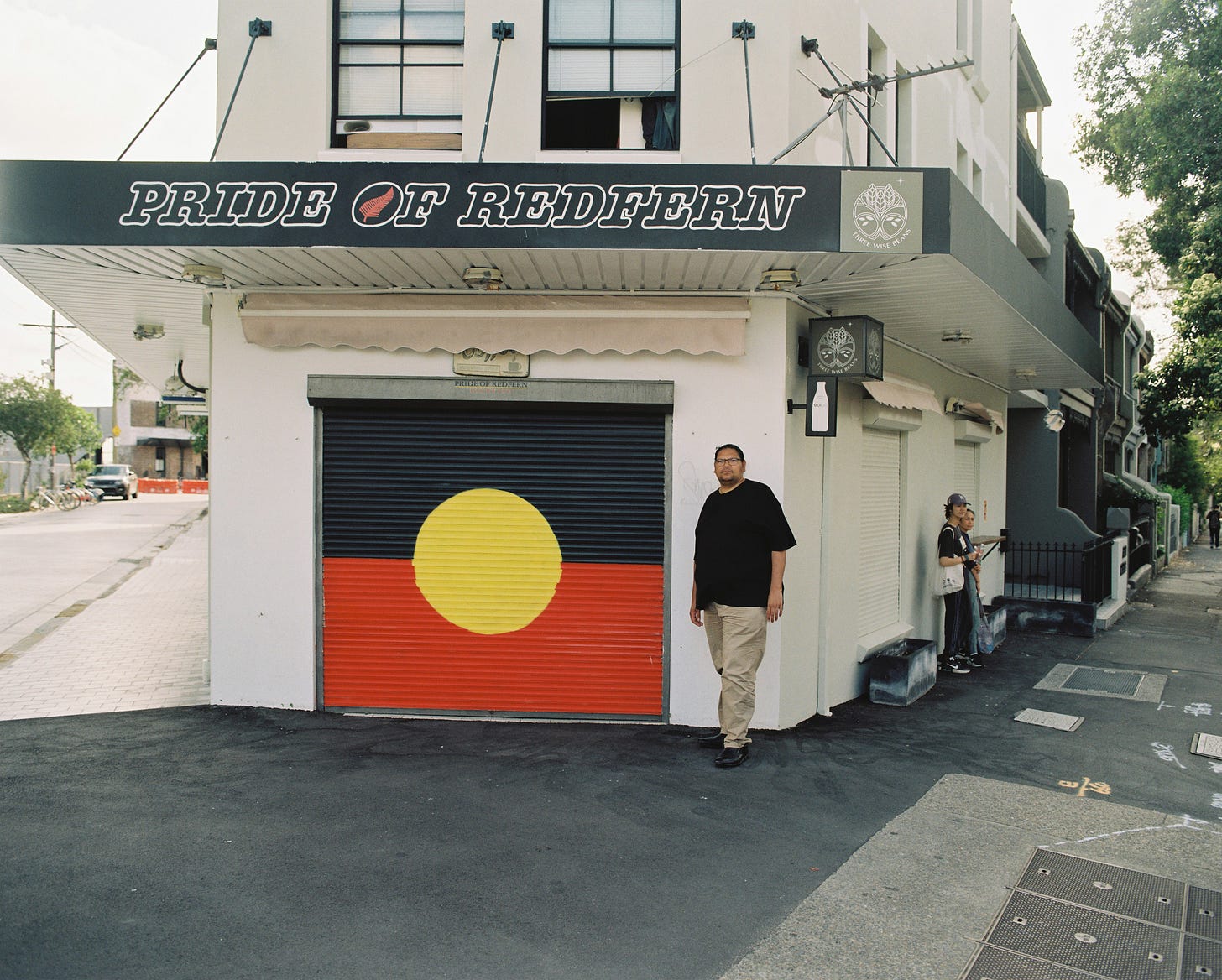Dear storytellers,
Around 18 months ago, we shifted eco-nnect’s content from a short-form news-style to deeper and longer stories. We were enrolled in workshops with YARN Australia, which inspired a big shift in how we thought of stories and how we shared them.
This week we speak to YARN’s founder Warren Roberts, to understand the significance of storytelling within Aboriginal and Torres Strait Islander worldviews. Scroll down to read more.
🗞️ In Climate News
🌍 New ecoregion proposed for Southern Africa’s threatened ‘sky islands’
🇬🇹 Rehabilitation of Guatemalan fauna highlights opacity of illegal wildlife trade
🌳 Biological field stations deliver high return on investment for conservation, study finds
🇷🇼 Landslide in Rwanda causes devastation in bordering Congo
🛢️ Climate activists across Europe block access to North Sea oil infrastructure
🇺🇸 U.S. approves $500 million for Bahrain oil project, despite opposition
🇪🇺 EU Parliament passes weakened pollution limits for livestock farms
📈 Cool Trends
🌱 Reconciling conservation agriculture and agroforestry for sustainability
🇰🇪 Marine plastic waste turned into school desks and chairs in Kenya
♾️ eco-story
The Arts of Relationships
When people ask me what I do, I tell them I’m a storyteller. People often respond by asking what that means, if I tell stories to kids, if I write novels, or if I make films. It seems to me that a lot of people associate stories with technology like television, cinema, books or podcasts, forgetting that a story is its own form of technology. Humans have long shared stories to connect with one another and their surrounding environment through oral traditions passed from one generation to the next. According to Thunghutti and Bundjalung man Warren Roberts, stories are a relational tool.
“We say today storyteller, but it's more or less how we make sense of the world. As we share stories, our collective trust strengthens and our relationships grow.”
Warren grew up surrounded by his Elders.
“They were always sharing stories, they did everything in relationship. I learned from them and how they interacted with people. My Nan's brother said to me, you are just continuing what Elva and Patricia were doing, what you do is a continuation of what our Elders have always done.”
His Nanna, Elva Taylor, was one of nine sisters and three brothers, a remarkable family of Aboriginal organisers and advocates widely known for their significant achievements.
🌏 The Culture Column
📺 What we’re watching: The secret life of your clothes
📸 Profile of the week: @theorispresent
📖 What we’re reading: Overdressed: The Shockingly High Cost of Cheap Fashion, by Elizabeth L. Cline
🤯 Shocking fact we learnt this week: Producing one cotton t-shirt requires 2,700 liters of water, and a pair of jeans, 7,500 liters.






I really like the facts and news you share as it is different and not necessarily in mainstream media. But regarding the “fact” about cotton’s water usage, I’ve recently learned that this is outdated, misquoted and out of context. I highly recommend the study from Transformers Foundation from 2021 and the update from 2023 on the Misinformation of Cotton: https://www.transformersfoundation.org/cotton-report-2021